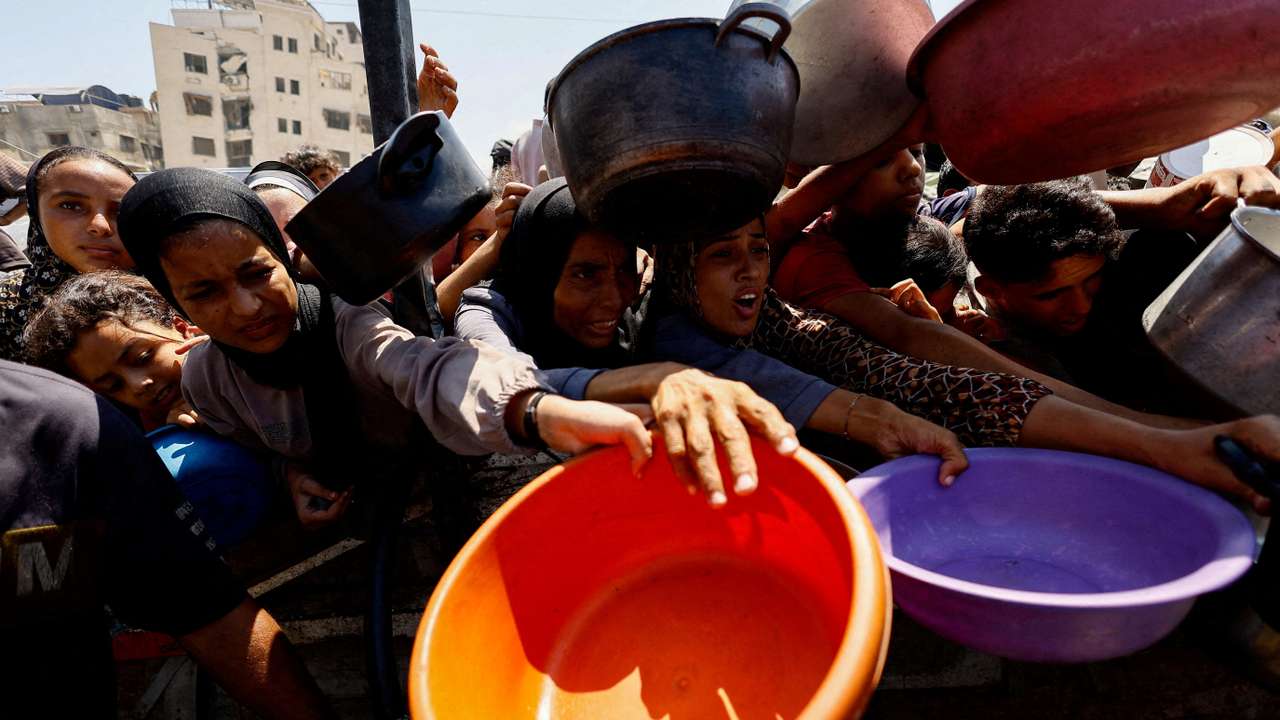UN food agency warns of deepening hunger crisis as funding falls short

The world is facing a deepening hunger crisis with resources falling far short of needs, the United Nations World Food Programme warned on Tuesday, citing sharp declines in humanitarian funding.
In its 2026 Global Outlook, the Rome-based WFP said 318 million people were expected to face crisis levels of hunger or worse next year, more than double the number in 2019.
But shrinking humanitarian funding means the WFP only plans to assist about 110 million of the most vulnerable people in 2026, at a cost of $13 billion, the agency said. Current forecasts suggest it may receive only about half that amount.
"The world is grappling with simultaneous famines, in Gaza and parts of Sudan. This is completely unacceptable in the 21st century," WFP Executive Director Cindy McCain said in a statement.
"Hunger is becoming more entrenched. We know early, effective solutions save lives, but we desperately need more support."
FOREIGN AID CUTS
The WFP's biggest donor, the United States, has slashed its foreign aid under President Donald Trump, and other major nations have also made or announced cuts in assistance.
The WFP said last month that it expected to receive 40% less funding year-on-year for 2025, resulting in a projected budget of $6.4 billion, down from $10 billion in 2024.
Conflict, extreme weather and economic instability are expected to drive severe food insecurity, WFP said. In 2025, its famine prevention efforts pulled communities back from the brink of starvation, but the overall crisis shows no sign of easing.
In Afghanistan, where food programmes have been scaled back substantially this year, around nine out of 10 people including women and children arriving on foot at nutrition centres are being turned away, WFP Director Jean-Martin Bauer told a Geneva press briefing when asked about the impact of less funding.
He said that leaving so many without access to support might contribute to conflict or migration.
"There could be impacts at the regional level for countries that have nothing to do with this problem, but who are exposed to the consequences of out-of-control hunger in a country nearby."
The agency said it would deliver emergency food and nutrition aid, help communities build resilience to food shocks, and provide technical support to strengthen national systems, while leveraging technology to improve efficiency. WFP urged governments and donors to invest in proven solutions to curb hunger and move closer to the goal of zero hunger.
This article was produced by Reuters news agency. It has not been edited by Global South World.